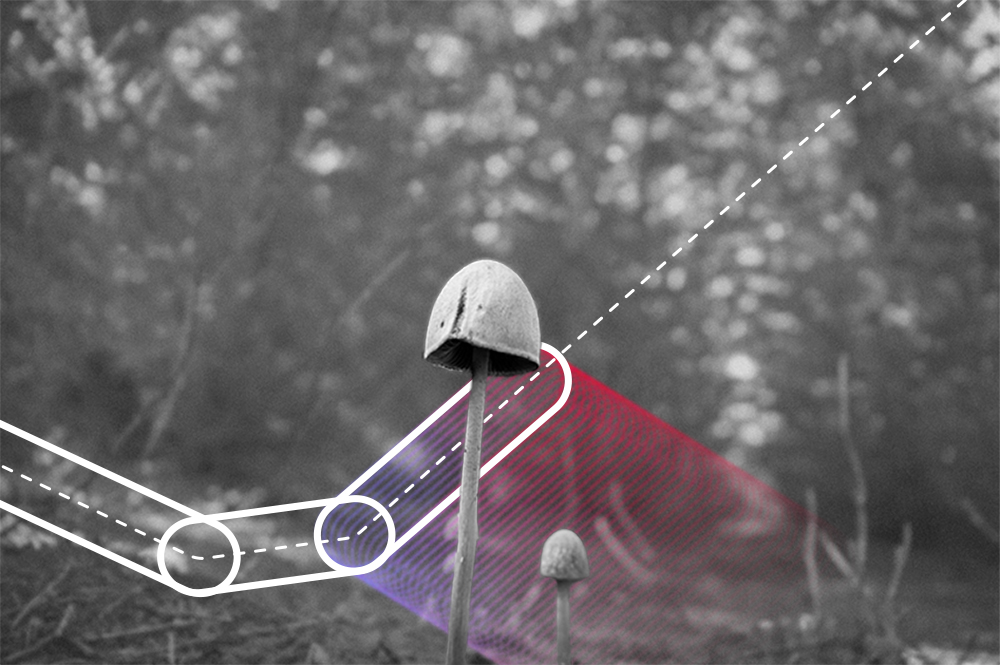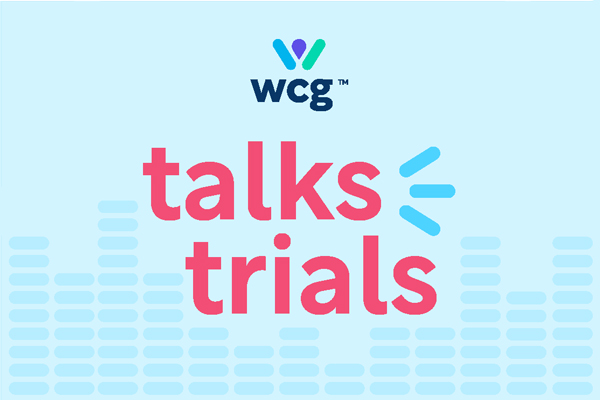The list of mental illnesses with high disease burdens and limited effective treatments may be shrinking soon. Psychedelics show great promise in being able to address multiple illnesses plaguing society, and the research investigating this is not fringe science blowing smoke. For example, in 2023 the Office for Human Research Protections held its sixth annual exploratory workshop on the ethical and practical considerations of psychedelics research. Also, the FDA granted breakthrough therapy designation in 2017 to the Multidisciplinary Association for Psychedelic Studies (MAPS) for post-traumatic stress disorder, and those active MAPS trials may lead to an approval soon. Moreover, the FDA’s first draft, Guidance on Clinical Trials with Psychedelic Drugs, released in June 2023, shows the way forward for others looking to harness the potential power of these substances and bring them to market.
Truth, it may be a long trip. Psychedelics are still Schedule I drugs, and clinical trials with that class are challenging without other associated issues. While psychedelics may have some utility as just another medicine, their power is likely best realized in a specific, somewhat unique psychotherapy combination. Research experts in this area, such as those at MAPS and Johns Hopkins University, have amassed substantial experience; however, realizing psychedelics’ full potential will take many more extensive trials. Classically trained psychiatrists will need new knowledge, training, and support to conduct these trials. Additional staff—likely also requiring substantial training and support—will be needed to monitor and gather what is often subjective data. Having those tools and being ready for the necessary challenges will ensure that the promise of psychedelics isn’t just a pipe dream.

